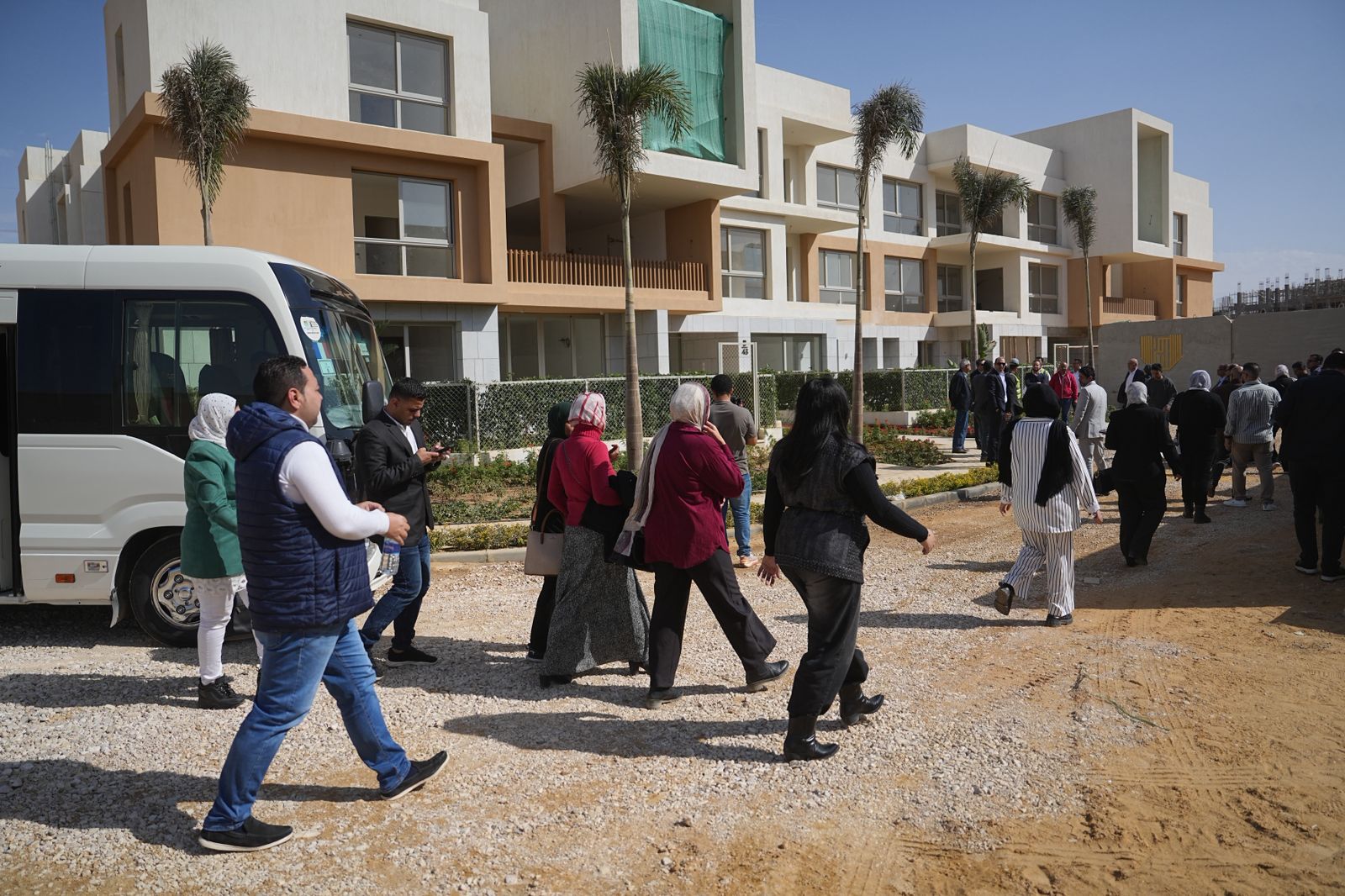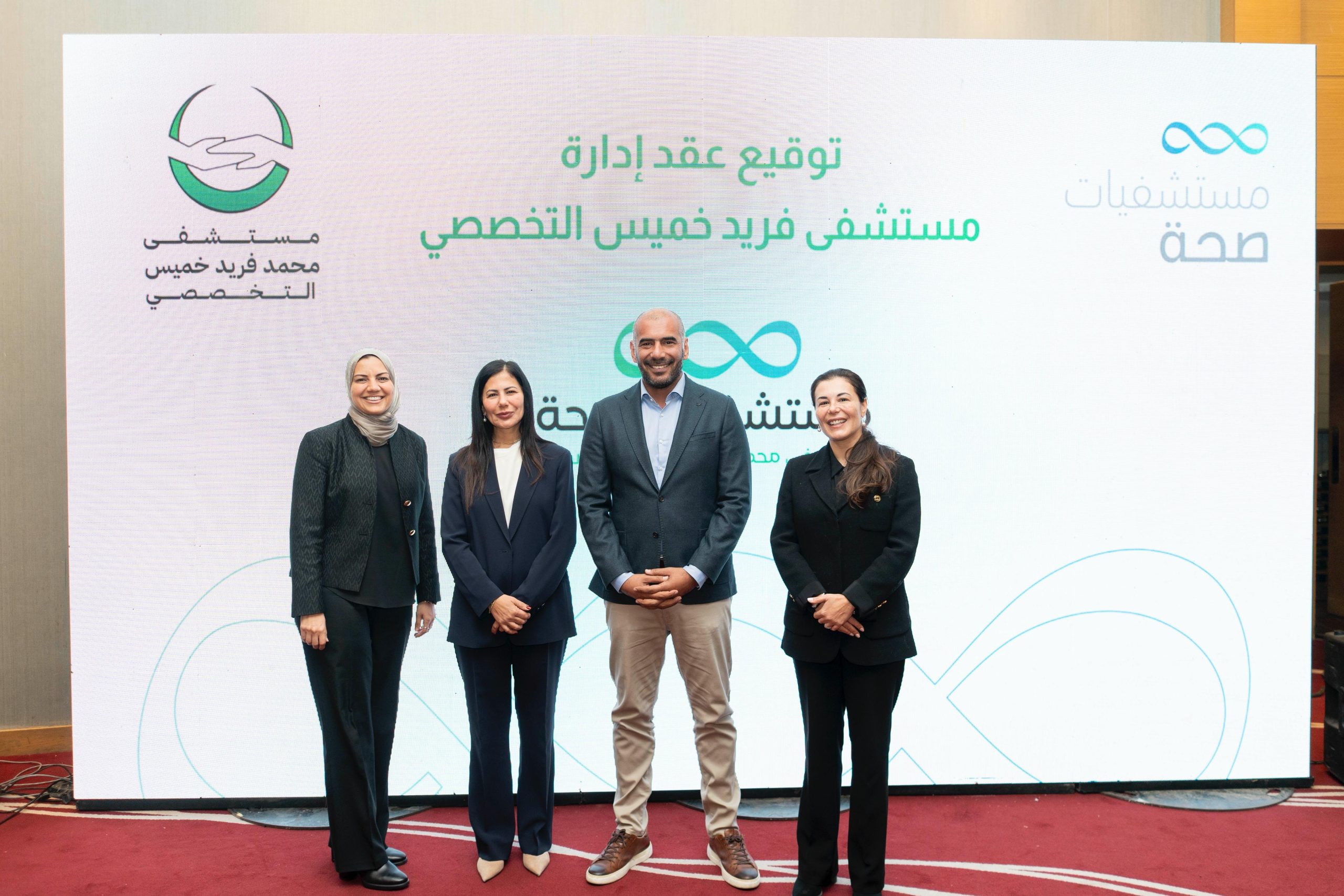
Have you ever tried to play with your children in their online games or compete with them in a game? If you do that, you’ll find a big gap between what we used to play on PC or video games, and what they’re doing today.
With huge technological development in the world, it is natural to find a game like “PUBG”, which is the current generation game, and has an audience of more than 400 million fans who participate in it, gathering daily more than one million online players at the same time. It allows any player to make a team with players from different countries, consult and develop plans to work together and instant chat on “picture & sound”. 100 players wrestle in one patch, filled with various tools and weapons, then they fight each other until everyone dies and one player survives.
The company announced its first world race at the beginning of the year — the first global competition for the “Online” game in the history of such games. The winners will receive a $2 million prize and be named as PUBG’s world best players.
In just a year, PUBG has created a large economic resource and huge profits that will make a revolution in the quality of electronic games as a great economic resource.
It made nearly one billion dollars profit in one year, more than 400 million players participated in the game, and $ 3 billion is the expected profits until 2020, with more than one billion players participating in the next 5 years.
It’s will not only do some psychological damages, state psychologists and social specialists, such as inciting violence, isolation, and selfishness. But it goes further than that. We have a live spying machine in our homes for not less than 3 hours. Each time, children and teenagers, and even young people of different nationalities speak and transmit by “picture & sound” they know what is happening around them in their family environment. The liberal values of society and other cultures are mixing with our Islamic and Arab values, which harms the ethics and education of our children, especially in adolescence.
It’s more than that, the game may be a good way for many extremist groups, such as “Daesh” and others for youth recruiting, and broadcast their values and ideas and mobilise supporters in all countries, as it happened at some sites and chat rooms where they recruited young people to be supporters of “Daesh” who carried out terrorist operations within their communities.
Our children spend more than 4 or 5 hours a day in front of that game, talking, arguing, fighting, and winning supporters and opponents through “live picture & sound”. The game has become a friend to many of our children, more than their relationship with their parents.
Blocking such games is not a solution, but games must be monitored within the family environment and educational institutions, through the participation of parents or teachers or adults with the children, and to play games in public places away from home.
As well as to search for the best ways to use such games in a positive way, and to guide the ideas of young people for the best, through official and periodic competitions and participate in them in a public manner.
Twitter: @mohamabdulzaher
Linkedin: @Mohamed Abdulzaher









